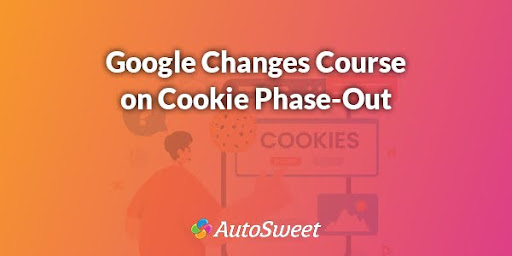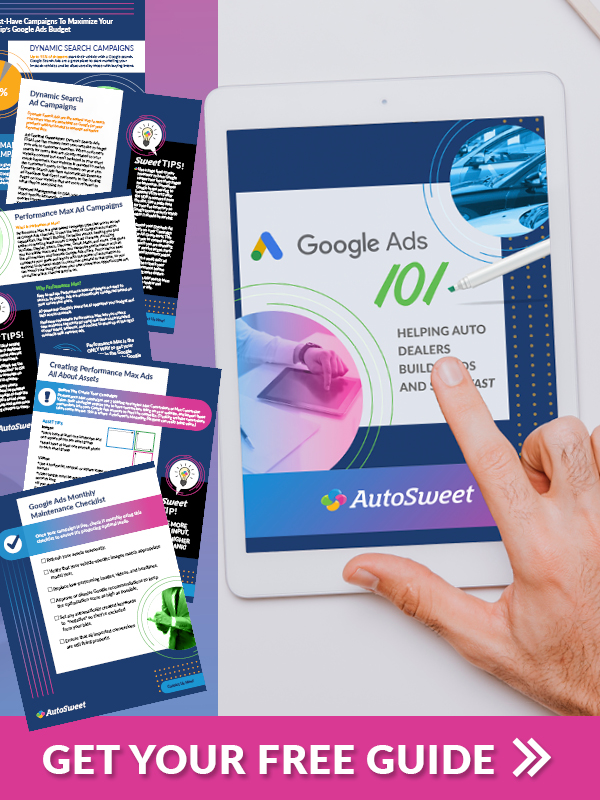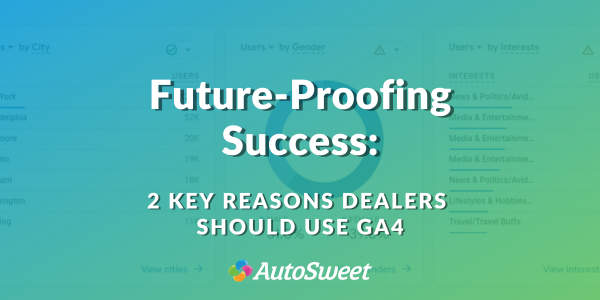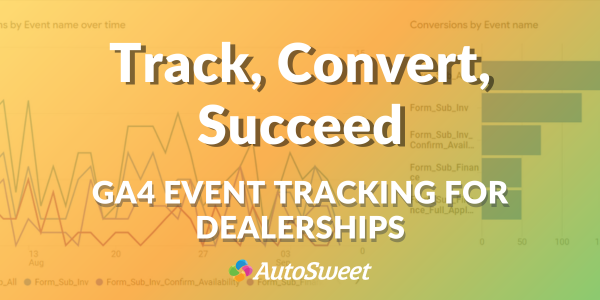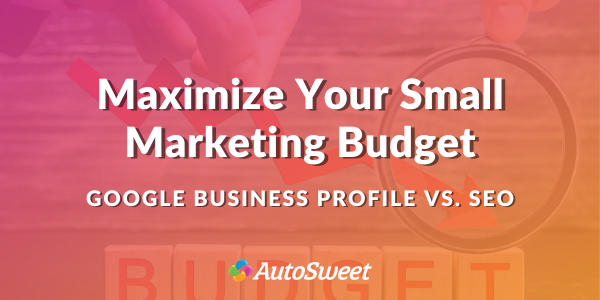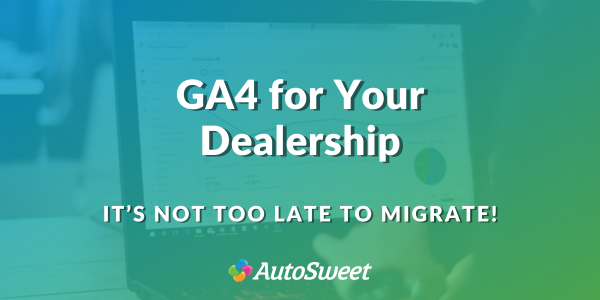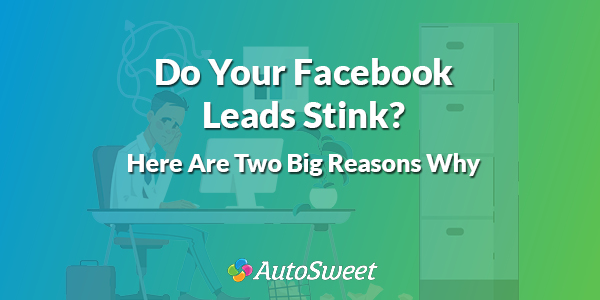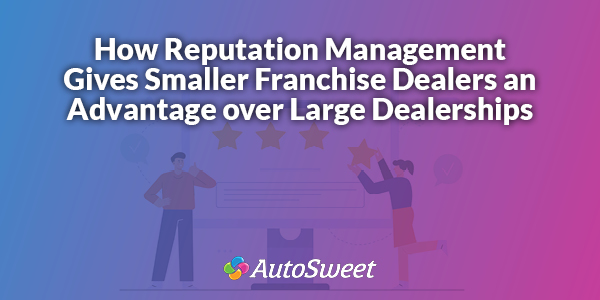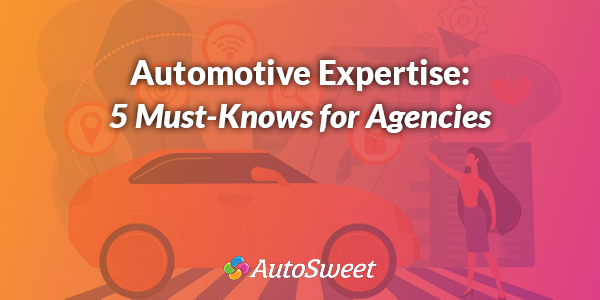Google has announced that it has changed its plan to phase-out third-party cookies again. The company had previously announced it would delay the phase-out until at least 2025 but has now backed down from their pledge to phase cookies out of its Chrome browser altogether.
Google’s new plan is to let customers decide whether they allow websites to gather cookies while they browse the web.
In a blog post on Google’s website, Google discussed the creation of “a new experience in Chrome that lets people make an informed choice that applies across their web browsing.” This experience would allow users to change their settings at any time.
Regardless of what the change ultimately looks like when implemented, it will have significant implications for businesses, including automotive dealerships.
Let’s explore why Google has changed course again, and how dealerships can adapt their digital marketing strategies to stay ahead.
Why Did Google Abandon the Cookie Phase-Out?
Google has shared a few reasons for their latest step-change:
- Consumer Choice: Google’s proposed alternative to third-party cookies is called the Privacy Sandbox (read more below). Even without an all-out cookie removal, Google believes Privacy Sandbox still has the “potential” to strike a balance between consumers’ need for privacy with advertisers’ needs to reach consumers. Google says it believes the “choice” solution will balance these two goals.
- Industry Feedback: Advertisers have been telling Google for months that they’re concerned the Privacy Sandbox won’t meet their needs and that they needed more time to test it.
- Regulatory Scrutiny: Regulatory agencies (especially in Europe) have been watching the cookie transition closely and are worried that Google’s proposed consumer protections don’t go far enough. On the other hand, regulators also want to protect competition in the digital advertising market.
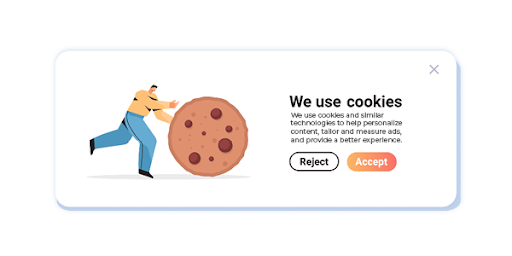
About Cookies
Web cookies are a way to store data in web browsers like Google. There are first-party and third-party cookies. First-party cookies are created by the website a user is visiting.
Third-party cookies, aka tracking cookies, are created by websites other than the one a user visits. These are used to identify a user across websites and allow advertisers to target specific audiences, retarget customers, and measure ad effectiveness.
Have you visited a website to view a product while shopping and later seen an ad for that product on another website, like Facebook? That’s because of cookies.
Third-party (retargeting) cookies were criticized by regulators and legislators who want consumers to have more privacy while browsing.
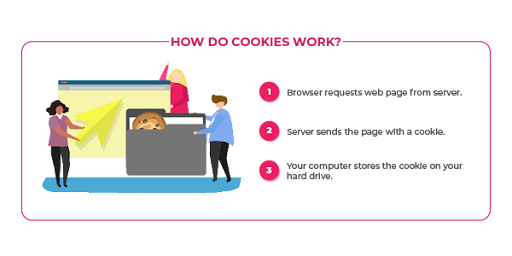
What Is Google’s Privacy Sandbox?
The Privacy Sandbox is Google’s proposed initiative to improve online privacy while enabling effective digital advertising. Their mission was to “meaningfully improve online privacy while preserving an ad-supported internet that supports a vibrant ecosystem of publishers, connects businesses with customers, and offers all of us free access to a wide range of content.”
In short, Google wants to protect privacy while letting advertisers target consumers effectively.
What’s Next?
Google plans to review their new consumer choice approach with government agencies across the globe. It must be approved by regulators, not just in the U.S. but in the United Kingdom and the European Union.
What Can Dealers Do Now?
While Google vets its new plan, digital marketing agencies like AutoSweet are keeping close tabs on the implications. What can automotive dealers do to get ahead of the changes?
Focus on what you can do now: Gather first-party data. Collect and use your own customer data, which you get directly from your customers, to create personalized marketing campaigns.
This is why driving leads is so important—each lead builds your customer relationship management (CRM) database, which improves your marketing reach.
Here are a few key ad campaigns you can run to build first-party data right now, quickly and inexpensively.
- Facebook Service Campaign. The service department is a great way to win new customers and convert them to loyal customers when they’re ready for a new vehicle. A Facebook service campaign is also a cost-effective way to drive leads and build your customer database.
- Conquest email campaign. Conquest email is tried and true as one of the best ways to cast a wide net while eliminating current customers. It lets you target ideal leads while measuring open rates, click-throughs and ROI. A quick, easy, and affordable way to build your first-party database.
- Inventory Campaign. An inventory marketing campaign can happen on many platforms (Facebook, Instagram, Google Dynamic Ads) but always features the vehicles in your DMS to drive qualified leads. These leads deliver in-market buyers right to your website, and they grow your customer database.
- Branding campaign. This campaign improves brand awareness in your local area, generates new traffic to your website, and creates retargeting opportunities, setting you apart from your competition while building your customer list.
As always, delivering an outstanding customer experience online (and offline) is the best way to build loyalty and repeat business, regardless of cookies.
Build Your CRM
Google’s delay gives automotive dealers more time to adapt.
Invest in the right campaigns to build your customer database, ensuring your digital marketing efforts stay successful in this new era of online privacy.Want to build your CRM and deliver qualified leads? Download our free eBook: 10 Campaigns Every Car Dealer Should Be Running today!
